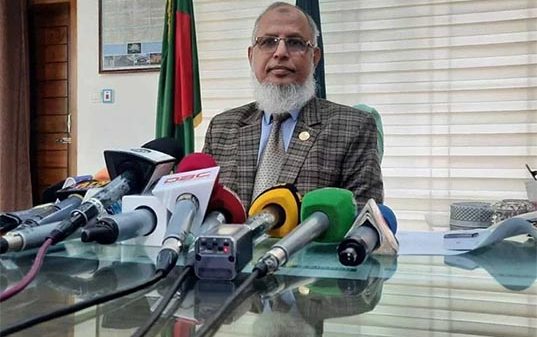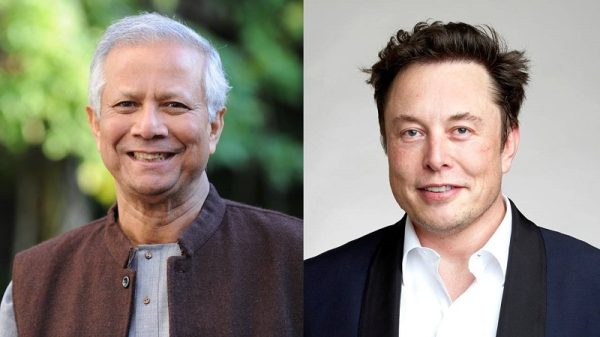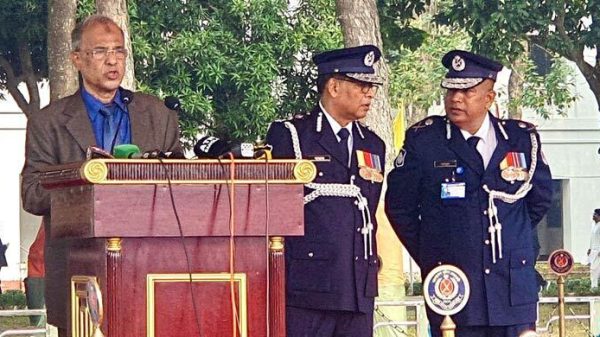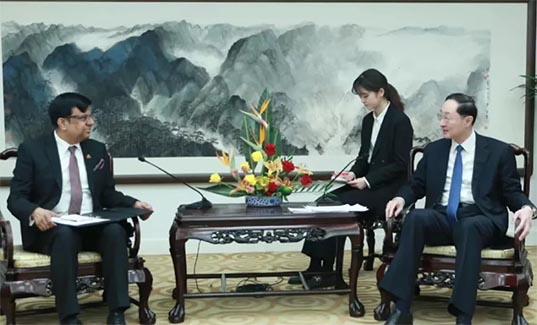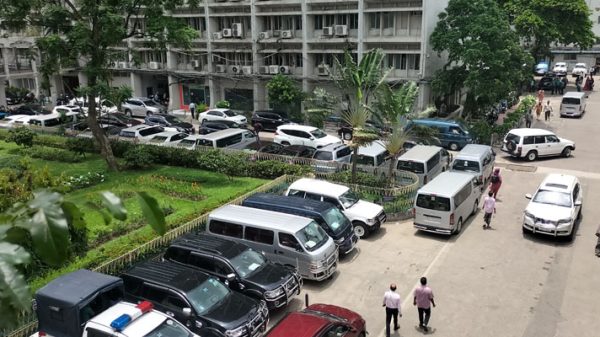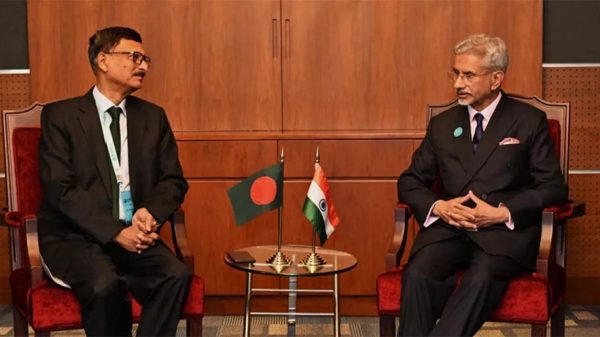Debapriya finds increasing VAT a reckless move

- Update Time : Saturday, 18 January, 2025, 02:28 pm
- 27 Time View
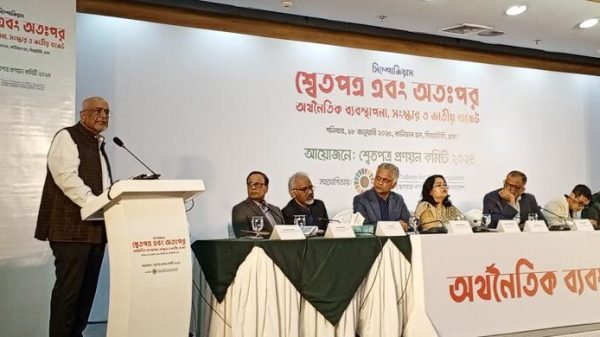
Online Desk : Dr Debapriya Bhattacharya, Distinguished Fellow at the Center for Policy Dialogue (CPD) and Convener of the Citizens’ Platform for SDGs Bangladesh, has strongly criticised the recent increase in VAT, calling it “reckless” and lacking strategic foresight. Speaking at a symposium organised by the White Paper Formulation Committee 2024 at the Carnival Hall of the BICC in Agargaon on Saturday (January 18), Debapriya expressed concern over the government’s approach to tax collection and economic management.
“To collect taxes, we must gradually transition to direct taxes. However, there is no visible plan for direct tax collection, nor any clear measures against tax evaders,” he remarked. He warned of worsening energy issues in the coming summer if immediate corrective measures are not taken. Debapriya pointed out that the interim government lacks an economic manifesto, saying, “Economic management is receiving far less attention than administrative and institutional reforms. Many feel this government is operating much like the previous one in terms of economic policies.”
Despite record Aman production, the rice procurement drive has failed to deliver, with corruption persisting and farmers unable to secure fair prices for their crops, he said. The economist criticised the disorganised state of social security programs and questioned the economic legacy the interim government intends to leave. Debapriya stressed the importance of stabilising the economy, preserving growth momentum, creating employment, alleviating poverty, and ensuring social security.
“Without these, the push for reforms may lose steam, and those supporting balanced reforms could become disillusioned due to economic instability and insecurity,” he said. The interim government’s failure to present a revised budget was also highlighted, with Debapriya noting that several indicators from previous budgets have become irrelevant. He called for economic discussions cantered on the next budget to address declining growth momentum, reduced private sector investment, and persistent employment challenges.
Commerce Adviser Sheikh Bashiruddin and BIDA Executive Chairman Ashiq Chowdhury, who were present at the event, also shared their views on the need for policy reforms and improved governance in the economic sector. Debapriya concluded by emphasising the urgent need for structural reforms to build a balanced, inclusive, and sustainable economy.


